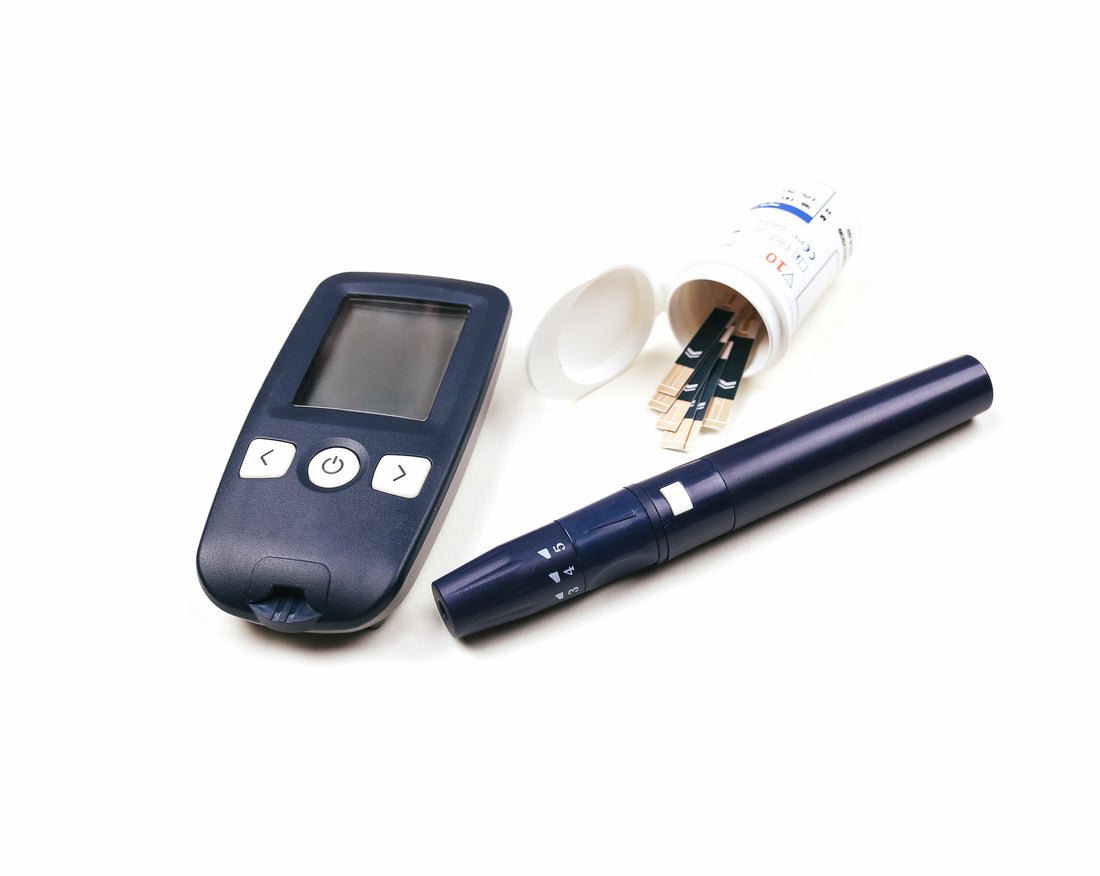
How Does Keto Affect Your Blood Sugar?
If you’re someone living with diabetes, you already know how important it is to monitor and control blood sugar. It’s an integral part of feeling your best each day, and giving your body the energy it needs—without pushing your glycemic index too high.
Beyond those living with diabetes, it’s important for everyone to keep close tabs on their blood sugar levels. Blood sugar affects more than you realize, and can leave you feeling off if left unbalanced. Thankfully, the key to maintaining adequate blood sugar levels is as simple as watching what you eat—and making Keto the core of your daily food choices.
Keto’s effect on blood glucose
One of the often-praised aspects of Keto that’s made it such a popular diet for so many people is its ability to help the body maintain proper blood glucose levels. A high-fat, low-carb diet is also a low sugar diet, since your body isn’t breaking down carbs, starches and complex sugars into simple sugars. Instead, the liver produces ketones, which the body uses for energy instead.
The result is a well-balanced glycemic index, which is critical not only for diabetics, but for everyone.
The role of cortisol levels in Keto
As you might imagine, the transition to Keto can be stressful for the body. You are, after all, creating a starvation response that bio-hacks your body into burning fat instead of carbs. In the early stages of Keto, your cortisol levels will likely spike as a result of this stress.
A spike in cortisol (the stress hormone) will also trigger resistance to insulin—your body thinks it’s starving, so it wants to increase blood sugar levels. Without insulin to regulate it, your blood glucose levels will rise. Thankfully, this is temporary. After a week or two of Keto, the body will adjust to its new state and cortisol levels will drop, along with blood sugar.
A constant state of Keto
When your body becomes acclimated to Keto, it’ll become used to burning fats and ketones for energy. As a result, your body’s blood sugar levels will be easier to balance. Not only will you not eat foods that break down into simple sugars, your body won’t have demand for those sugars like it once did. The result is a stable blood glucose level, lower cortisol levels and less reliance on insulin production to moderate blood sugar.
Overcoming the Keto Flu
For many Keto dieters, the first sign of their body’s changing reliance on sugar is the Keto Flu. You might feel foggy, lethargic and downright crummy for a few days or a week—that’s your body’s cortisol and insulin levels responding to the change. As they rebalance, however, you’ll start to feel much better.
Once you’ve made it through the Keto Flu and given your body time to adapt to ketosis, it’s important not to fall off the wagon! Introducing sugars, starches or carbs to your body will revert its focus to burning these foods as fuel. Not only will it throw blood glucose levels out of whack, you’ll find yourself facing the Keto Flu again as you get back on track.
Reserve your spot for our next Keto Challenge!
